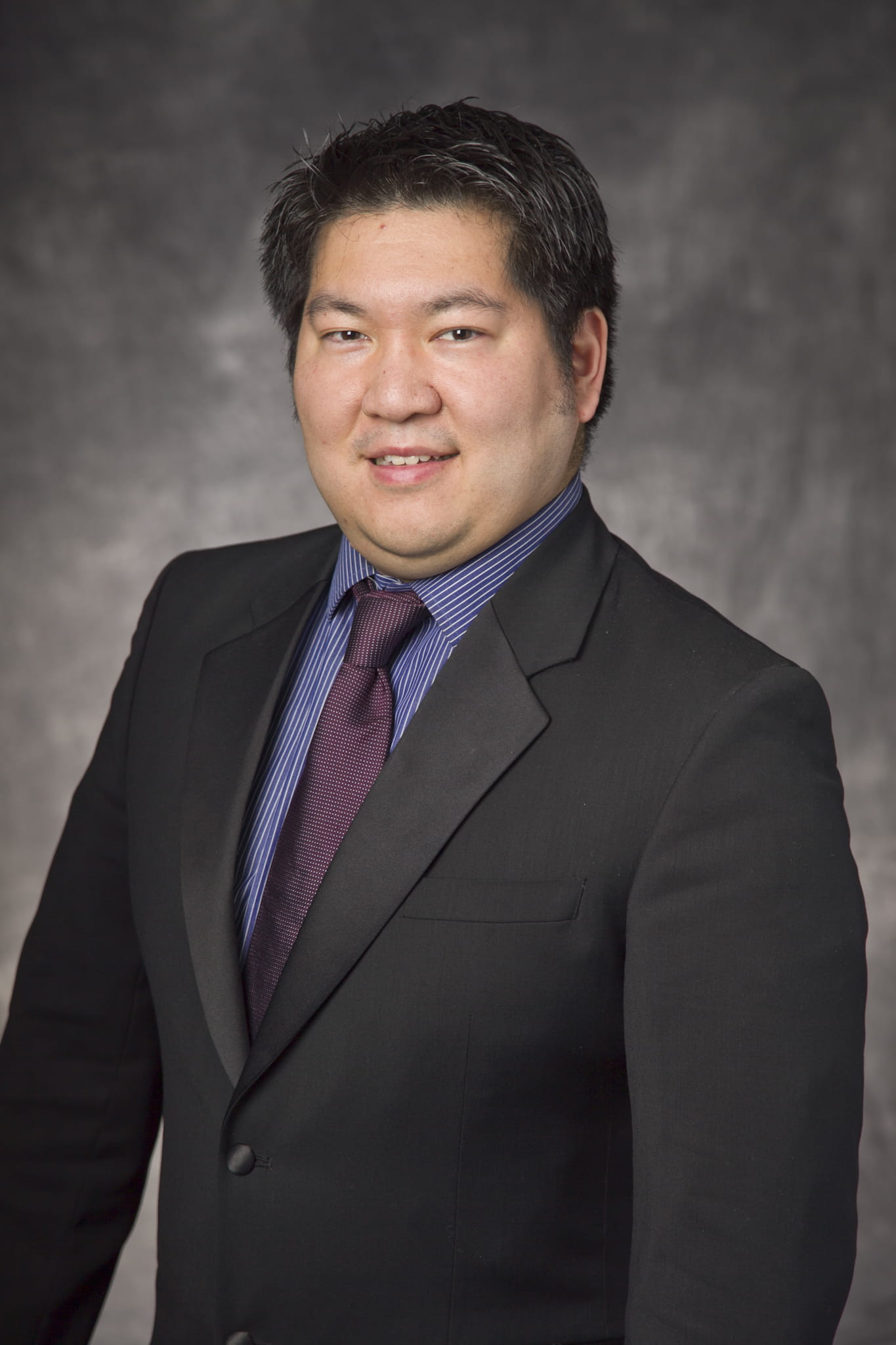Cancer Myths
May 25, 2017
By Richard Chang, MD, Hematology and Oncology, UH Seidman Cancer Center; Clinical Assistant Professor, Medicine, Case Western Reserve University School of Medicine

I am asked on a nearly weekly basis if eating less sugar, or making the blood less acidic, or going on a ketogenic diet will help with cancer care. While I applaud my patients’ willingness to adopt a more holistic approach to their treatment, it is their vulnerability that has allowed them to fall victim to snake oil salesmen peddling their latest wares on slick websites that boast cancer cure rates higher than that for chemo.
I therefore applaud the U.S. Food and Drug Administration’s recent actions against fraudulent cancer products. On April 25, 2017, the FDA sent warning letters to 14 U.S.-based companies illegally selling more than 65 products that fraudulently claim to prevent, diagnose, treat or cure cancer.
Here are some popular myths about cancer that have been debunked.
“Superfoods prevent cancer”
- While berries, beans, nuts and fish may contain antioxidants, this is more a marketing ploy to help sell products.
- There is recent evidence that antioxidants may cause or worsen tumors in lab mice.
- Thinking about what you eat is more healthful than what the foods contain - fruits and vegetables (with their vitamins and fiber) are a better option than pastries.
“Acidic diets cause cancer”
- Increasing intake of alkaline foods is biological nonsense.
- Cancer cells normally do not thrive in an alkaline environment, and neither do our cells.
- Our blood is slightly alkaline, which is tightly regulated by our kidneys within a narrow physiologic range.
- Acid/base balance cannot be altered meaningfully by anything that we consume.
- Any excess acid or base is simply excreted into the urine.
- There is no proof that manipulating the pH has any impact on cancer.
“Cancer has a sweet tooth”
- Our cells use carbohydrates as nutrients.
- Cancer cells grow fast and have a high demand for carbohydrates but use carbohydrates in a different way than human cells.
- Cancer cells also can manufacture their own carbohydrates.
- This does not mean that sugar from foods can feed cancer cells.
- Depriving cancer cells of glucose does not seem to slow down their growth.
“There is a miracle cancer cure that doesn’t involve chemo”
- Cannabis, mangosteen, noni juice, and countless others are touted as panaceas to cancer.
- Claims like this require scientific evidence backed by clinical trials and peer-reviewed evidence.
- “Actual patients” featured on websites likely are just paid volunteers.
- Conducting rigorous and proper trials allows us to prove that a potential cancer therapy is safe and effective.
- Patients should not feel that they are “guinea pigs” if enrolled on clinical trials.
“Cancer treatment kills more than it cures”
- Cancer treatment, whether it is chemotherapy, radiation therapy, or surgery, can have side effects.
- Treatments that are designed to kill cancer cells will inevitably affect healthy cells too; cancer treatment without side effects is unlikely to be killing any cancer cells.
- Chemotherapy and other drugs in some cases help to cure the cancer, and in others help to prolong life.
- More than 96 percent of all men with testicular cancer are now cured, compared to less than 70 percent in the 1970s.
- 75 percent of children with cancer are cured, compared to less than 25 percent in the 1960s, thanks to chemotherapy.
“Red wine is good for my health”
- WHO now classifies alcohol as a group 1 carcinogen.
- Although resveratrol, found in red wine, does reduce risk of cancer in lab studies, it can also be found in grapes, blueberries and cocoa.
- Alcohol is a risk factor for cancer of the female breast, colorectum, larynx, liver, esophagus, oral cavity and pharynx.
It is important to listen to our patients, but at the same time, it is our duty and responsibility to educate them to make sure that they have correct information so that they are better equipped to make well-informed decisions regarding their care. Especially for cancer patients, who often have a lot at stake, we need to make sure they do not make misguided choices in their diet or lifestyle that may end up compromising their own care.
Tags:


